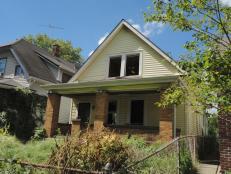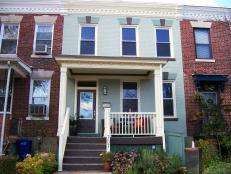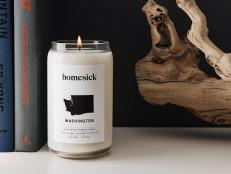Bedroom Communities: More Than a Place to Sleep
The idea of living in the big city is appealing -- until you have a family. Suddenly your priorities change from fine dining and entertainment to good schools and affordable housing. Still, the fact remains that the best jobs are often in the city, and a little nightlife never hurt anyone. The solution? Bedroom communities, also known as commuter towns. They're close enough to drive to the city, yet far enough to feel like a small town.
Bedroom communities were established in the post-World War II era as Americans began moving out of the cities and into the suburbs. Their name stems from the concept that residents only sleep there, spending their waking lives working in, and commuting to, the city. These communities, surrounding major metropolitan areas across the United States, include Mesa, Arizona, near Phoenix; Tracy, California, near San Francisco; and Cobb, Georgia, near Atlanta.
Traits Bedroom Communities Share
Unlike cities, bedroom communities are primarily residential, offering basic shopping and other conveniences for residents, but do not generally support their own industry.
Residents typically consist of families with children where one or both parents commute to the city for work -- as opposed to singles or young married couples without children.
Housing is generally comprised of spacious single-family houses sitting on well-manicured lawns in neighborhoods and cul-de-sacs. Typically, homes are grouped by subdivision, an area of houses built by one developer.
Small Town Benefits
Residents of bedroom communities are not only drawn to the ability to commute to, and enjoy the amenities of, the big city, but also to entrench themselves in small town life.
Better Schools
Schools in bedroom communities often offer an excellent public school education, allowing parents to avoid the cost of private schools in the city.
Lower Crime Rates
Suburban crime rates are lower than the big city, which attracts many families.
More Real Estate for the Money
Real estate in the city can have astronomical prices with very little square footage to show for it, but bedroom community homes are generally more affordable, larger single-family homes.
The Trade-Off
Though bedroom community residents may have the amenities of small-town life in their backyard, they may not have as much time to enjoy them, depending on their commute to and from work. Commuters may spend over two hours in the car, on the train or a combination of the two, and that’s just a one-way trip. Good public transportation systems from the bedroom communities to the city are common so that residents do not have to rely on their cars.
In addition, residents of bedroom communities often do not have deep roots in the area. That's a drawback, according to Kelly Benson, a resident of Highlands, New Jersey, a bedroom community outside New York City.
“People who commute to the city probably moved to [Highlands] because it is a commuter town,” Benson says. “These people did not grow up here or have family here. This makes for a different dynamic in the town -- almost sort of a transient feel.”
Is There a Future for Bedroom Communities?
Bedroom communities will remain viable as our population continues to grow, though with a twist, says Ed McMahon, Senior Resident Fellow for Sustainable Development with the Land Use Institute.
Suburbs of the future will be different, he says, with fewer single-purpose bedroom communities at the far edges of the suburbs, and more being developed closer to the cities. McMahon attributes this to three factors -- rising fuel costs, changing household composition away from households with school-age children and the increasing preference for walkable environments in walkable communities.
“The suburbs of the future will be mixed-use, higher-density suburbs,” he says.













































